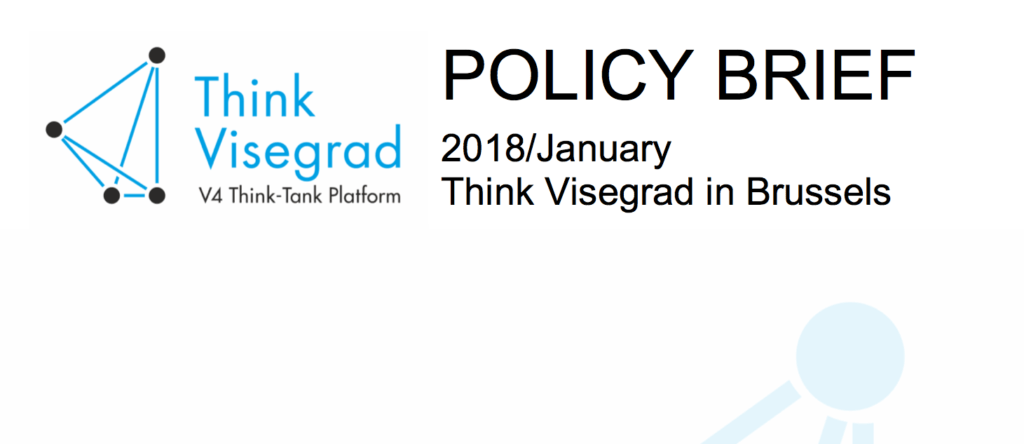Preparations for the EU Multiannual Financial Framework 2021-2027 – chances and challenges for Central Europe

Andrzej Sadecki, as part of the project Think Visegrad, published an analysis of the Multiannual Financial Framework for the years 2021-2027. The possible impacts of Brexit have also been taken into account. Andrzej Sadecki brings recommendations for the negotiations mainly for the Central European states.
At first glance, reaching an agreement on the next MFF could seem easier than for its previous iterations. The MFF 2014-2020 was negotiated against the backdrop of a financial crisis which put significant strains on the member states, particularly those in the the Eurozone. Currently, economic growth has returned to the European Union and the economic sentiments have reached their highest levels since 2000s . Nevertheless, some key political developments will affect and complicate the process of finding a consensus on the next MFF. Firstly, the negotiations on the post 2020- MFF will coincide with two major processes underpinning the future of European integration: the withdrawal of the United Kingdom from the European Union and the debate on the reform of the Eurozone. Secondly, some stakeholders see Brexit as an opportunity to substantially reform the MFF and the EU budget, which in turn widened the debate to the future of main EU policies, and could breach the fragile balance between the various interests of the member states that functioned in this sphere until now.
For the Central European member states, the main issue at stake is to preserve the adequate level for the EU budget and to ensure the financing of the EU policies that are essential for meeting key economic or social challenges. It applies mainly to the key pillars of the European Union and the single market that are cohesion policy and the Common Agricultural Policy (CAP). Cohesion policy has played an instrumental role in narrowing the gap between the more and less developed member states and regions.
Central European countries should use the variety of different regional formats to discuss their standpoints and articulate common interests. The Visegrad Group (V4) has experience in coordinating the positions in the previous negotiations and proved to be an effective basis for consultations with other like-minded states from the region (eg. Bulgaria, Romania, Croatia, Slovenia). Moreover, a more recently established presidential format of regional cooperation – the Three Sea Initiative (TSI) - might serve this purpose as well, particularly as its main goal is the interlinking of Central European infrastructure (energy, transport etc.), which fits the EU’s objectives and relies mostly on EU funding.
You can access the text by clicking on the PDF button on the right of this article.





